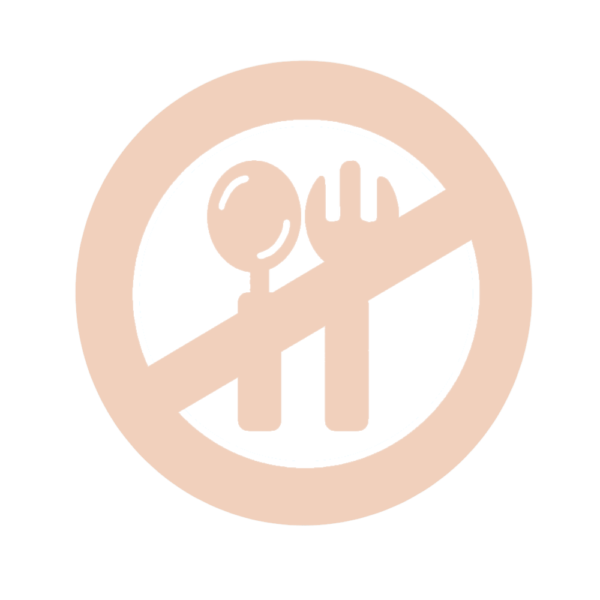Food allergies
Baby health

At 4-6 months, when you start to introduce Your Child to solid foods, you should be careful and observant, when introducing foods that can cause allergic reactions, especially if there is a family history of allergic reactions.
How to introduce foods
Introduce foods one at a time and in small amounts so that you can observe any allergic reaction and determine the food responsible for it.
Common foods that can cause allergies
While a child can develop an allergic reaction to any food, certain foods are well known to cause allergies in kids. Those food include:
- Peanut
- Cow’s milk
- Fish
- Shellfish
- Tree nuts
- Soy
- Eggs
- Gluten-containing foods, such as wheat, barley, and rye
How to prevent food allergies
If there are no reactions to foods as you introduce them, make them part of Your Child’s diet to reduce the risk of an allergy that may arrive at a later point in life. It’s been shown that delaying the introduction of certain foods, such as peanuts and eggs, beyond 6-12months may increase the likelihood of developing an allergy to the foods.
How to know whether Your Child has a food allergy
Food allergies vary from child to child, and one kid may react differently at different times. However, it is important to quickly identify food allergies, so always look out for them. Allergic reactions to foods can affect any of these four parts of the body:
- Skin: such as itchy red bumps, eczema, rash, itching, and swelling of the lips, tongue, and mouth (skin reactions are the most common type of reaction)
- Gastrointestinal tract: vomiting, diarrhea, belly pain
- Respiratory system: runny or blocked nose, wheezing, coughing, shortness of breath
- Cardiovascular system: lightheadedness or fainting
You should know that these reactions can:
- Be very mild and only involve one part of the body
- Happen within few minutes or up to 2 hours after taking the food
- Be more severe and involve more than a part of the body
Seek medical advice if you think Your Child is having an allergic reaction to a particular food.
Severe allergic reactions
In some cases, the allergic reaction can be severe and life-threatening — a condition known as anaphylaxis. Anaphylaxis might start as a less severe reaction but can quickly get worse, leading to difficulty in breathing and poor blood circulation. Instantly call an ambulance or rush to the hospital if you think your child may experience anaphylaxis. If you have an epinephrine auto-injector available, make use of it immediately.
Raising a child with food allergies
In general, most kids with food allergies outgrow them. For instance, 80% of kids that are allergic to milk will outgrow the allergy once they turned 5. If Your Child has a food allergy, be sure to read food labels carefully before buying them.
Beware food additives
Additives, such as sulfites, are added to foods to preserve them, improve their color and texture, and make them safe to eat for longer. Some kids have shown allergic reactions to them. Remember to always check food labels for the kind of additives they contain before buying them.
Verified:
Dr. Piyawut Kreetapirom, MD. license no. 41578 (15 July 2021)



